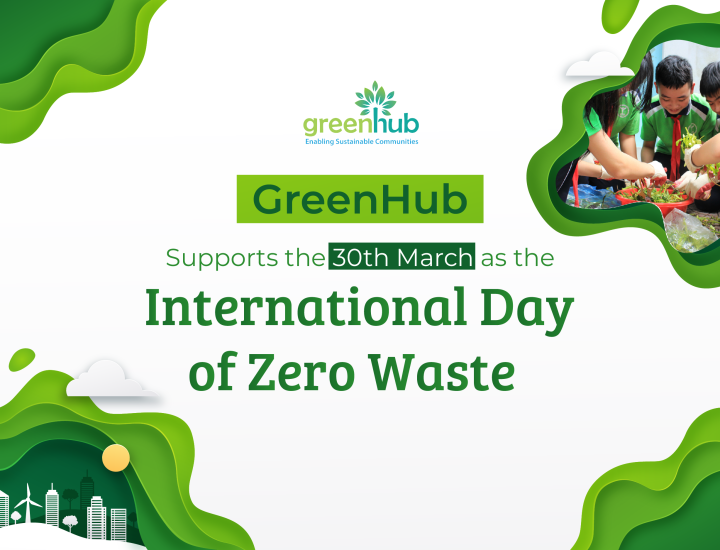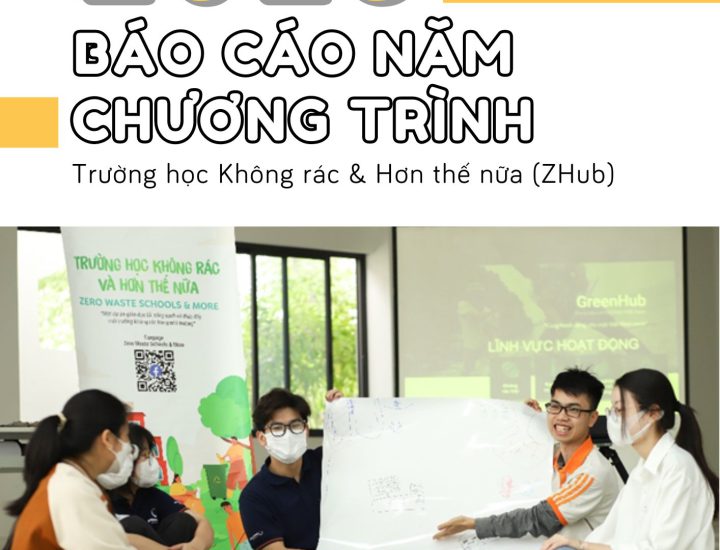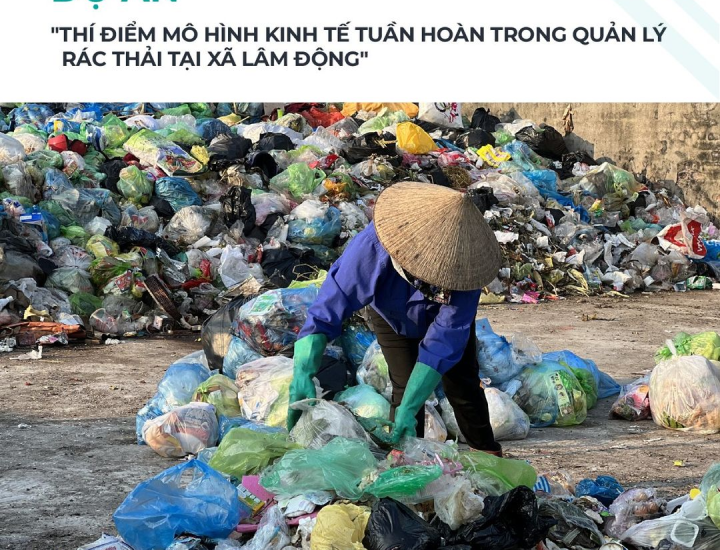Understanding waste: What do we get?
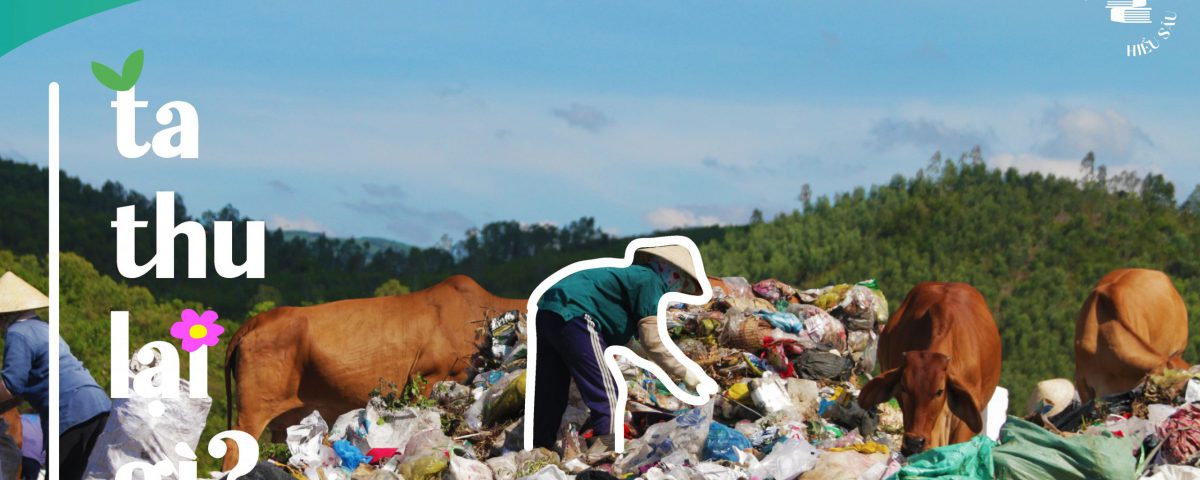
What is garbage that we have to audit?
Understanding waste turns out to understand ourselves.
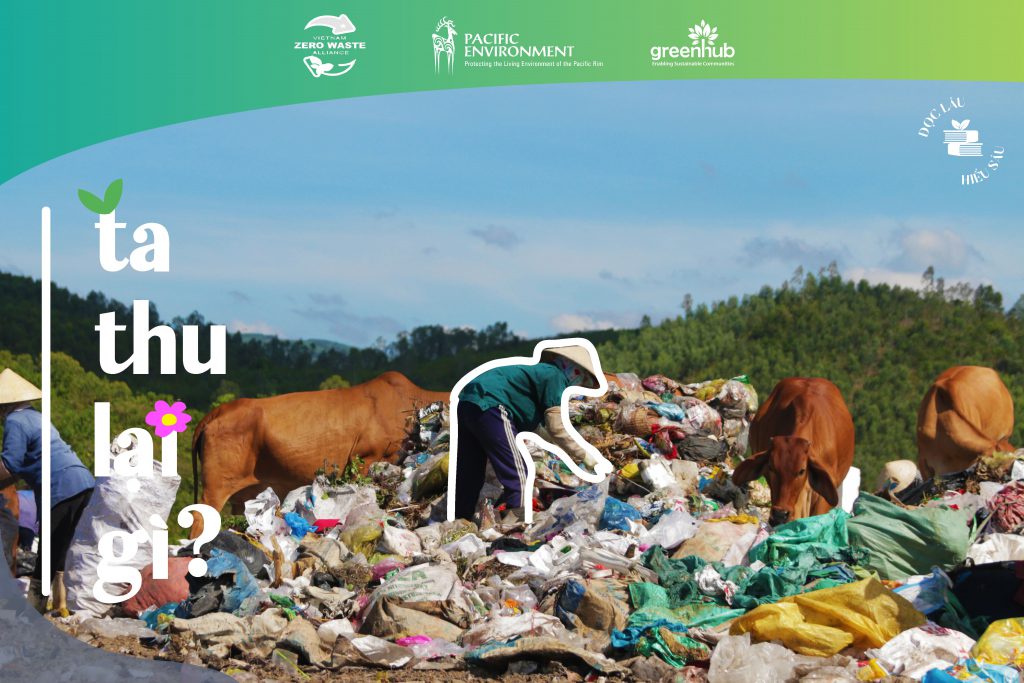
The problem of environmental pollution in Vietnam in recent years is extremely urgent. The amount of waste is increasing dramatically while the “downstream – top solution” solutions cannot completely solve the problem.
Report “Solid waste assessment and brands audit in Vietnam 2018-2020. Highlights and the proposal of Zero Waste solution” of the Vietnam Zero Waste Alliance have brought two main spotlights, they are: Results of the audit and Proposal to improve the situation of plastic waste in Vietnam.
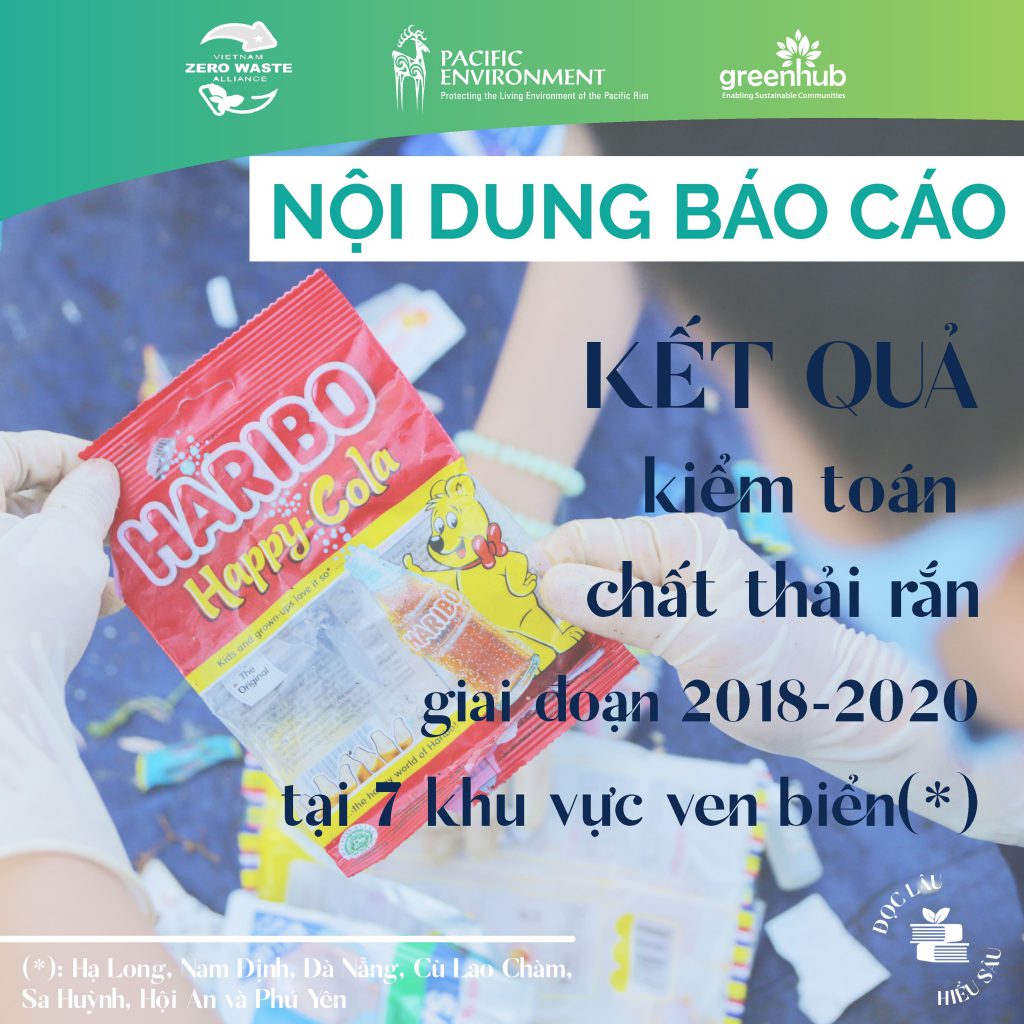
The results are as follows:
In terms of composition, the majority of waste in Vietnam does not need landfill treatment. 75.7% of audited waste is compostable, 12.2% recyclable and more than 50% of the remaining waste is plastic bags and disposable plastic. Notably, the amount of waste per capita of Cu Lao Cham – a rural island commune is 4 times less than Ha Long – a relatively developed city, but there is no prohibition.
When brands auditing from about 55,000 pieces of plastic waste, Coca Cola, Pepsico, and Nestle were in the top 3 with the highest amount of waste in Vietnam. Vinamilk and Acecook are found to be the two leading companies contributing to the amount of plastic household waste. Up to 40% of audited waste did not have or could not identify the packaging label.
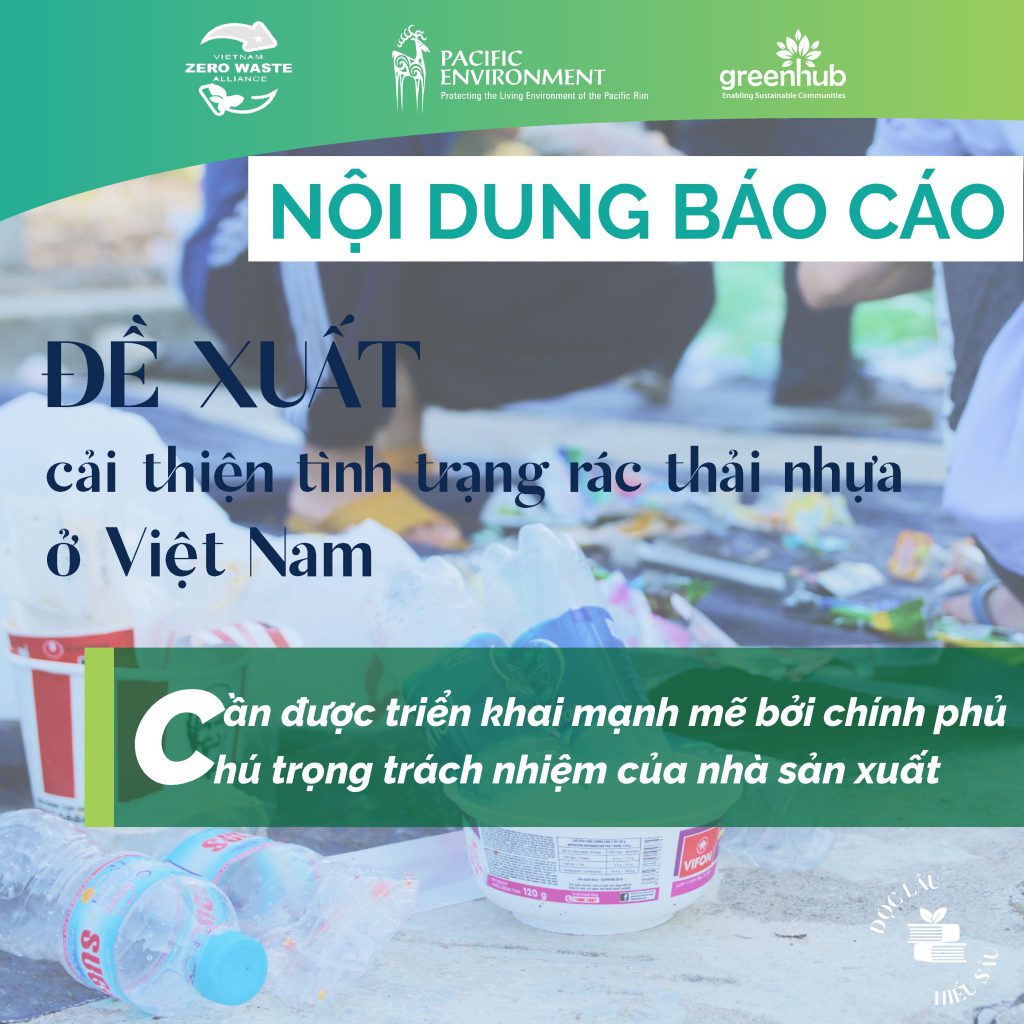
The report suggests 2 suggestions for the current state of Vietnam’s waste overload:
First, Reducing plastic waste needs to be strongly implemented by the Government. Bans on certain categories of plastic products need to be enacted and enforced on a national scale. The “upstream” measures should be applied for a long time such as: increasing taxes and applying quotas on plastic production, … to pursue the roadmap towards a circular economy for our country.
Second, the producer responsibility also needs to be emphasized. The essence of this is still attributable to the need for the Government to issue a new set of rules on manufacturer responsibility, forcing businesses to pay for their product collection and completely replace single-use plastics.
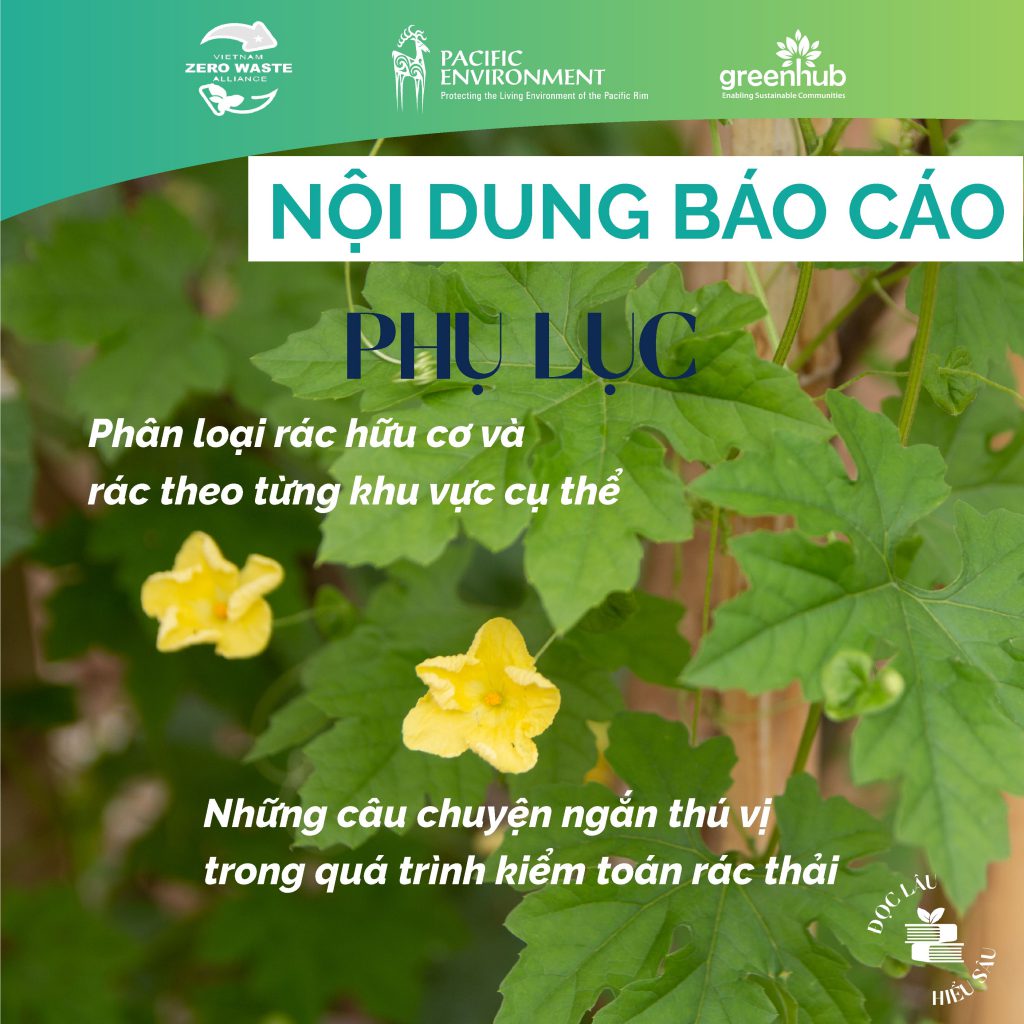
The report’s appendix provide more clarity on organic and regional-specific waste, along with interesting short stories from the waste audit process in eight coastal provinces. Please read the full version to learn more carefully!
GreenHub would like to thank the “green readers” who have supported and subscribed to the full report these past few days. Subscribers remember to check your email to see “Solid waste assessment and brands audit in Vietnam 2018-2020. Highlights and the proposal of Zero Waste solution” sent to you!
______
Vietnam Zero Waste Alliance is a network of organizations and individuals who share a common interest in adopting a zero-waste lifestyle to better implement solid waste management, reduce plastic, and protect natural resources and environment in Vietnam. Members of the Alliance are non-profit organizations, government members, universities and businesses.
______
This article is in the Deep Reading Long Understanding section: Understanding about Waste. Read and spread good values with GreenHub.
